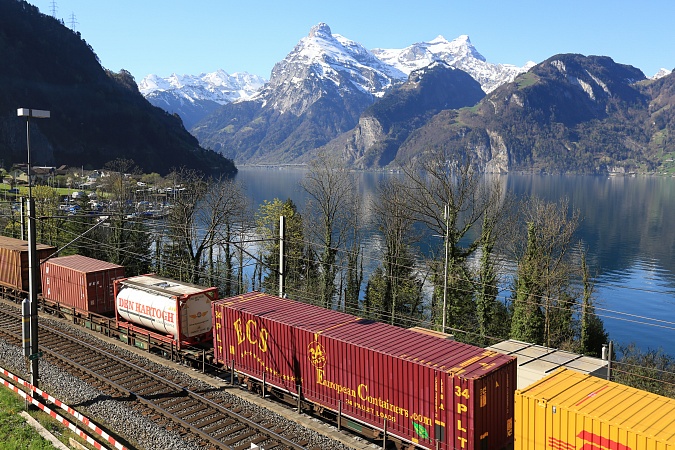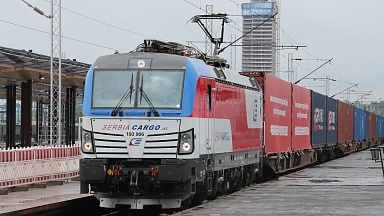This year was supposed to be the last year that official subsidies are in place. Whereas a 50 per cent subsidy was still permitted in 2018, this was built down to 40 per cent in 2019, and 30 per cent in 2020, to be eliminated in 2022. But, this plan has now changed. This was confirmed by several Chinese industry players in a video message shown at the European Silk Road Summit, a two-day hybrid event that took place on 7 & 8 December in Amsterdam.
Other forms of support
In explaining the phase out, there was an emphasis on ‘official’ subsidies, as there are still other financial incentives applied by local governments. «These can be considered the second tier of the subsidies», said Yan.
These can be financial aid schemes such as tax reductions or interest-free loans. «But also think of support from banks to establish an international business, or the issuance of letter of credit for international customers», Winnie Jiang of T.H.I. Railway Business Unit pointed out.
«Especially inland cities such as Chengdu, Chongqing, Xi’an, Zhengzhou and Hefei will still receive some subsidies», said Xiao Zhang from Xi’an International Inland Port Multimodal Transportation. Zhu added: «Inland cities do need subsidies because they lack industrial markets. They will need other forms of support.»
Not really needed
However, the general consensus is that the need for government support is no longer needed. This was echoed by many industry players at the event. «The volumes are high and the rates competitive. If there is any form of financial support we need, it is for eastbound traffic, which is still less than westbound flows», said Alexey Grom, the CEO of UTLC.
Jet Young from Nurminen Logistics commented: «Phasing out the subsidies will do more good than harm. After ten years, the New Silk Road has got a fixed group of customers.»
Less cheap goods
A positive effect of the phase out will be that the train between Europe and China will carry less low-value goods. In general, there will be less shipments, as companies focussing on quantity rather than quality will not make it without financial support, the Chinese parties interviewed agreed.
Ming Lei, Maxcontainers: «The impact will be mostly on importers, exporters and logistics providers. Those who made the biggest profit will be impacted the most. The profits for logistics companies are already low at the moment.»
And as the rates may increase, more will be expected from the platform companies, added Zhang from Xi’an. Ge revealed that starting from next year, KPI assessments will be conducted towards European clients, in order to assure good transit times. «We will need to do more to provide high-quality services.»
Watch these interviews
Do you want to watch the video messages from Chinese industry players that were presented at the European Silk Road Summit? At RailFreight Live today, videos about the subsidies but also about the role of Russia and Korea & Japan will be revealed.
You can watch the show at 1pm CET on our YouTube Channel, or on our Linkedin page. If you want to make sure you do not miss this, you can subscribe to this channel and you will be notified.




